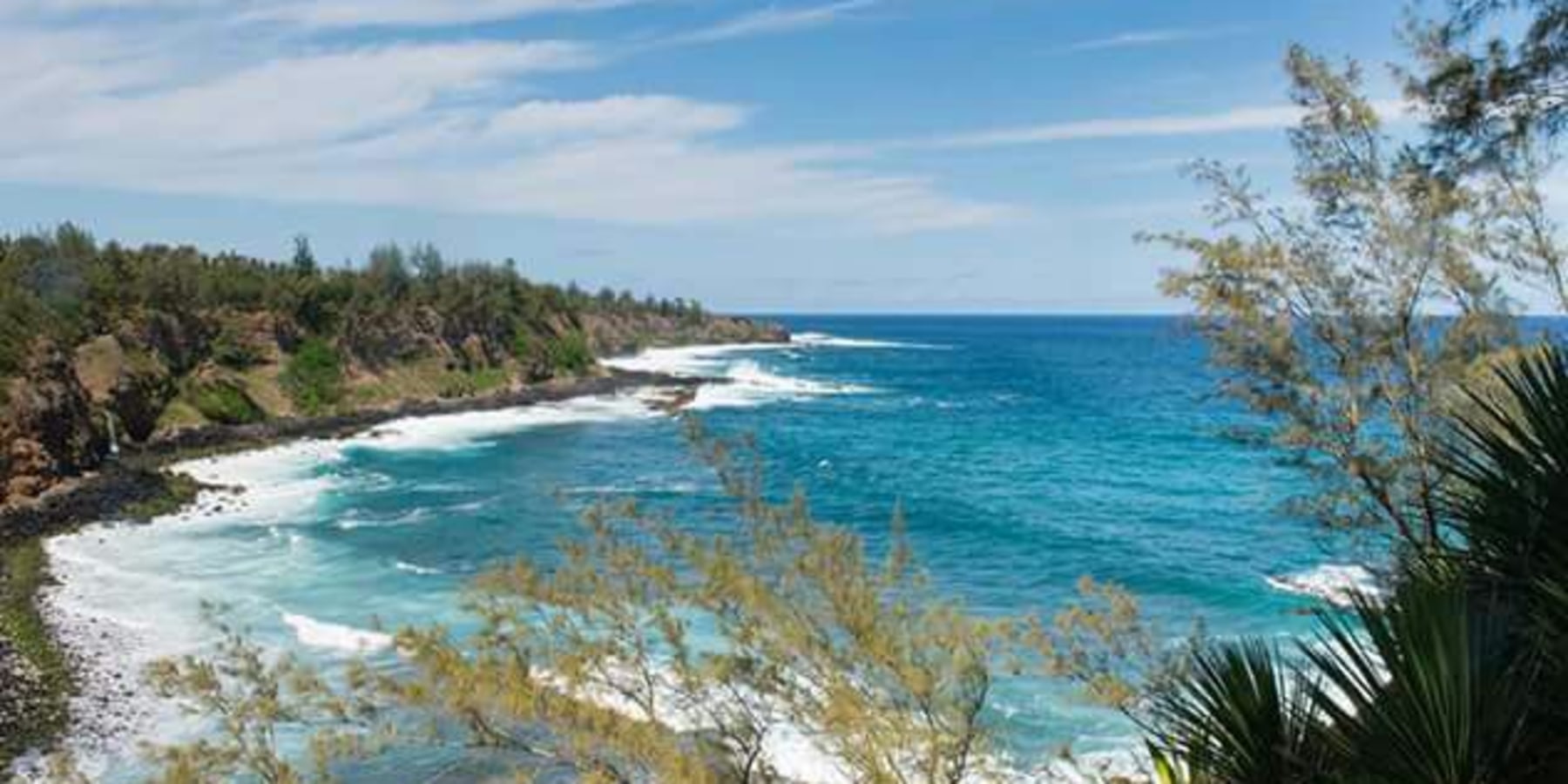
Mauritius was first discovered by the Arab and calls them Dina Margabin, Dina Arobi, and Dina Moraze. Mauritius was later discovered and visited by the Portuguese between 1507 and 1513, later the Dutch in 1598 first arrived in Mauritius and in the year 1638, settled in Mauritius until 1710. During their stay in Mauritius, they brought the Deer and Sugar Cane from Java-Indonesia.
In 1715, the French landed and took possession of this port of call on the route to India. He named the island "Isle de France", but it was only in 1721 that the French started their occupation. However, it was only from 1735, with the arrival of the French governor, Mahé de La Bourdonnais, that "Isle de France" started developing effectively. Despite the only French naval victory (during the Napoleonic Wars) of Battle of Grand Porton 19 and 20 August 1810 by a fleet commanded by Pierre Bouvet, Mauritius was captured on 3 December 1810 by the British under Commodore Josias Rowley. Their possession of the island was confirmed four years later by theTreaty of Paris (1814). French institutions, including the Napoleonic code of law, were maintained. The French language was at that moment still used more widely than English.
The British administration, which began with Robert Townsend Farquhar as governor, was followed by rapid social and economic changes. One of the most important events was the abolition of slavery on 1 February 1835. The planters received a compensation of two million pounds sterling for the loss of their slaves which had been imported from Africa and Madagascar during the French occupation. Mauritian Creoles trace their origins to the plantation owners and slaves who were brought to work the sugar fields. When slavery was abolished on 1 February 1835, the British colonizers went for cheap labour in India. Among this included in the Indo-Mauritian community are Muslims(about 17% of the population) from the Indian subcontinent.
British rule ended on 12 March 1968 with the Mauritius Independence state proclaimed. Mauritius became a republic on 12 March 1992, and the first President of the Republic was Mr Cassam Uteem.
Mauritius Economic is a mixed developing economy based on agriculture, exports, financial services, and tourism. Mauritius tourism industry has experienced drastic growth in the last decade. The Island of Mauritius had about 18,000 visitors in 1970 and in the last few years, this number is almost reaching 1 million visitors to Mauritius annually. The tourism sector is one of the main pillars of the local economy and created 30,000 full-time job equivalents in 2000 and the number today it is estimated that almost 40,000 who have full direct employment in the tourism sector. Tourists visiting Mauritius are primarily European, mainly French and British. The amount of resorts and hotels along Mauritius coastline is increasing every year to accommodate the increasing number of tourists visiting the Island.
Why to Visit Mauritius for Your Holidays?
The beauty of Mauritius is beyond words. Rich with lush forest, wild waterfalls, unique wildlife, rocky mountains, white sand beaches and breathtaking crystal clear turquoise lagoons, Mauritius is a dream holiday destination for tourists from all over the world. Mauritius is becoming one of the most popular destinations for tourists from all over the world looking for a high-end holiday on a tropic amazing paradise island.
Mauritius has so much more to offer than Maldives or Seychelles. Mauritius you have land and sea activities and to travel from within the island you no need ships or speedboat. The weather in Mauritius whole year-round can be visited as it is sunny and the temperature rose from 34-21 during the year.
Mauritius as quoted by Mark Twain:
“Mauritius was made first, and then heaven; and that heaven was copied after Mauritius.”
Come to visit the island of your dreams.
By
M.B

